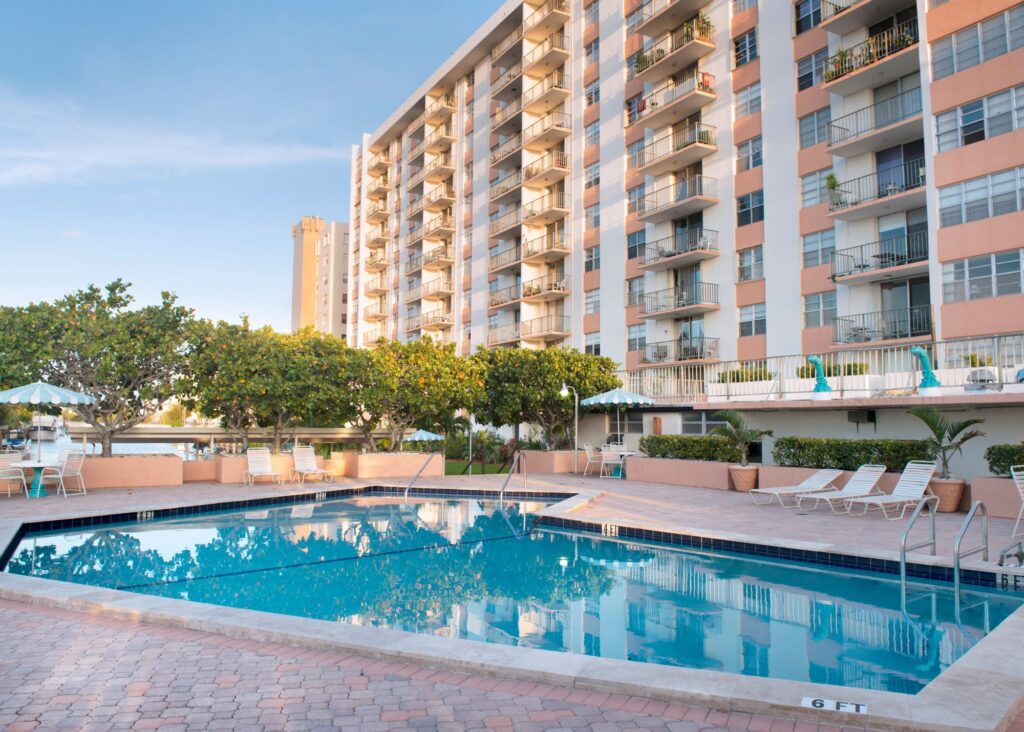Florida Legislative Update: Structural Integrity Reserve Studies

On June 23, 2025, Governor DeSantis signed into law House Bill 913, which clarified and updated various facets of legislation surrounding Structural Integrity Reserve Studies (SIRS). The bill, which focuses on condo safety and financial relief, may have a direct impact on condominiums that are required to conduct a SIRS.
READ MOREThe Impact of Reserve Studies on Property Value

Reserve studies are integral to the health and sustainability of any community association, but they aren’t just a capital planning tool – they play a direct role in influencing condominium and HOA property values.
READ MORENavigating Legal Requirements for Reserve Studies: State by State

Whether you’re a community association manager, board member, or resident, having a firm grasp on the legal requirements for reserve studies and reserve funds in your state is crucial to your community’s wellbeing.
READ MOREHidden Costs of Underfunded Reserves – Florida Condo Lessons

Florida’s real estate challenges are not just a local issue—they are a lesson for us all. Underfunded reserves aren’t just a budgeting issue—they threaten community safety, financial stability, and long-term property values. By investing in their community today, associations can ensure a prosperous future.
READ MOREHow Do You Define Adequate Reserves?

Maintaining adequate reserve funds is crucial to keeping any community association running smoothly. But, what exactly are adequate reserve funds, and how do they impact the board, managers, and residents?
READ MOREHow Often Should A Reserve Study Be Done?

Updating your association’s reserve study is essential for the financial and physical wellbeing of the property and residents alike. Updates keep funding plans and repair and replacement schedules on track, and current and future homeowners will benefit from stable, equitable reserve contributions.
READ MOREEffective Stormwater Management: The Role of Ponds in Communities

When it comes to stormwater management, it is incredibly important that associations have a system in place to avoid flooding in any area. Enter: ponds!
READ MOREFlorida Reserve Funding Methods: Component, Cash Flow & Switching

Funding using the component method was legally required in Florida for decades, but since the administrative code was adjusted in 2002, many associations have adopted the cash flow method, or pooled reserves. So, what are the component and cash flow methods, why would an association choose cash flow, and how do they make the switch?
READ MOREResidential Roof Essentials: Types, Maintenance, and Best Practices

Roofing systems are one of the most valuable components of your property, and they sure do take a beating to ensure that you remain sheltered. So, when it comes time to take care of your roof, what do you need to know, and what can you do to protect it?
READ MOREReserve Funds: Don’t Be Scared to Use Them!

Reserves, like any other savings fund, often have too little money at any given time, leading to issues such as special assessments or deferred maintenance. But unlike retirement accounts, which benefit from having as much cushion as possible, it is possible that reserve funds contain too much money.
READ MORE

